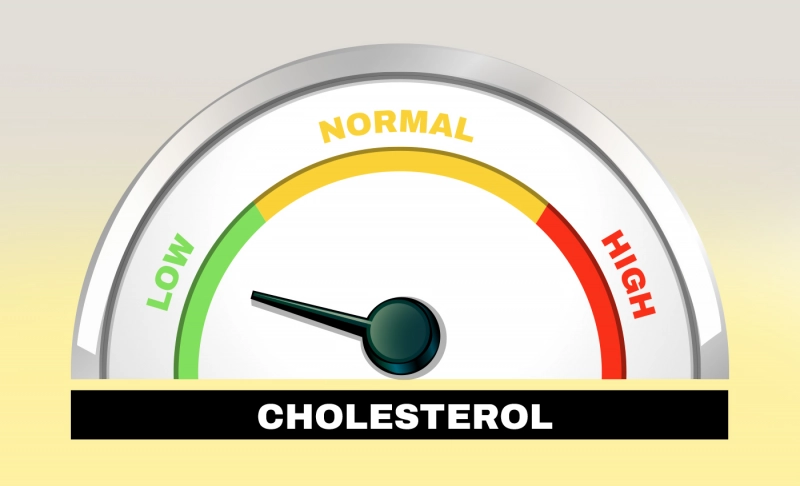By: Varun Kumar
February 3 2022

DGAC removed cholesterol from the nutrients of concern list as evidence showed no relationship between dietary and blood cholesterol.
DGAC removed cholesterol from the nutrients of concern list as evidence showed no relationship between dietary and blood cholesterol. A preliminary document from the U.S. Dietary Guidelines Advisory Committee (DGAC) was released on December 15, 2015. It stated that cholesterol is not considered a nutrient of concern for overconsumption. The Committee's statement contrasted a finding dated five years ago. In the previous statement, the panel deemed the issue of excess cholesterol in the American diet a public health concern. After the (DGAC) statement regarding cholesterol in 2015, many people expressed their concerns on this issue and recirculated the findings on social media. In 2010, DGAC recommended limiting consumption of dietary cholesterol to 300 mg per day to help maintain normal blood cholesterol levels. Consuming less than 200 mg per day could further help reduce individuals with a high risk of contracting cardiovascular disease. But in 2015, DGAC had not recommended the daily intake of cholesterol in dietary plans because available evidence showed no appreciable relationship between dietary cholesterol consumption and serum (blood) cholesterol. It diminished the significance of a numerical limitation because this level did not meet the criteria for a nutrient of concern. Hence, cholesterol is not a nutrient to be concerned about in excess. Also, it stated that the lack of an explicit limit for dietary cholesterol did not imply that dietary cholesterol is unimportant in adopting healthy eating patterns. Journal of the American Heart Association (AHA) emphasized that adhering to the DGAC recommended eating patterns will naturally contribute to low levels of dietary cholesterol because dietary cholesterol frequently coexists with significant food sources of saturated fat. But the 2015 guidelines noted that "This change does not suggest that dietary cholesterol is no longer essential to consider when building healthy eating patterns." Meanwhile, the latest 2020-2025 DGAC guidelines state that the National Academies recommends that trans fat and dietary cholesterol consumption be as low as possible without compromising the nutritional adequacy of the diet. It is advised to eat a diet rich in fruits, protein foods such as lean meats, poultry, and eggs; seafood; beans, peas, and lentils; and nuts, seeds, and soy products.